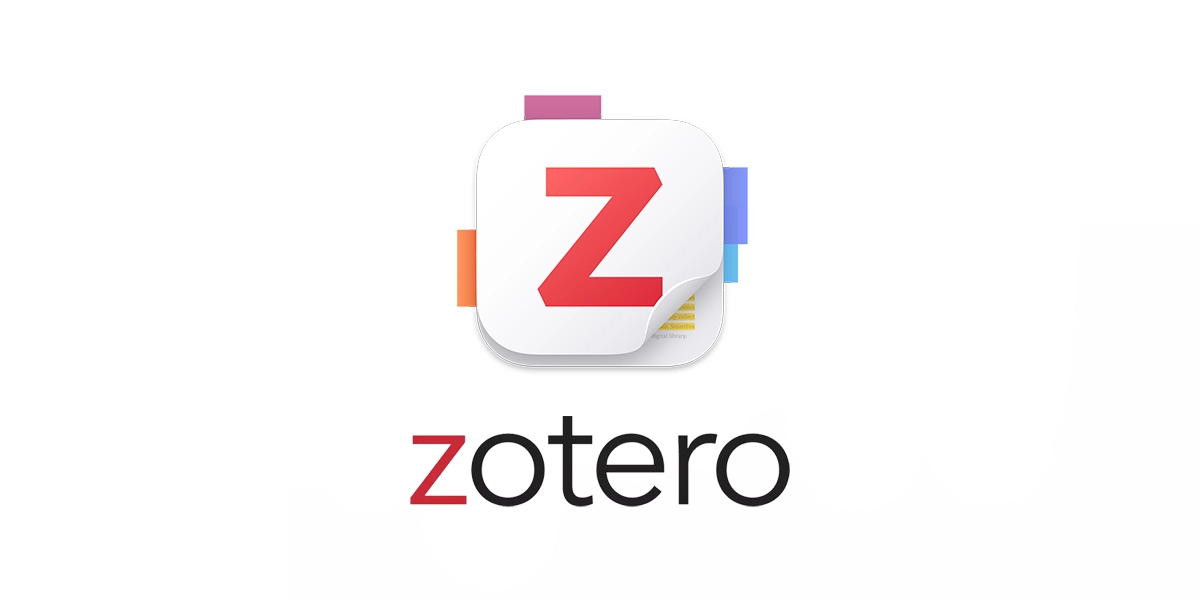Publication Ethics
Publication Ethics of JEBE: Journal of Environment Behavior and Engineering
JEBE: Journal of Environment Behavior and Engineering, managed by the Environmental Engineering Study Program of Universitas Bosowa, is dedicated to upholding the highest ethical standards in scholarly publishing. This document outlines the ethical responsibilities of all parties involved: authors, reviewers, editors, and the publisher.
Responsibilities of Authors
-
Originality and Plagiarism
-
Submit only original work. Properly cite or quote all sources, including prior publications in environmental science, engineering, or related fields.
-
Avoid self-plagiarism; repurposing significant portions of previous work requires explicit citation and justification.
-
-
Multiple or Concurrent Submissions
-
Do not submit the same manuscript to multiple journals simultaneously.
-
Avoid "salami-slicing" (dividing a single study into redundant publications).
-
-
Authorship
-
Include only individuals who contributed significantly to the research design, execution, or interpretation.
-
Obtain consent from all co-authors before submission.
-
-
Data Integrity
-
Provide raw environmental data (e.g., pollution measurements, field surveys) for editorial review if requested.
-
Ensure data transparency, especially for studies impacting policy or community health.
-
-
Conflict of Interest
-
Disclose financial ties (e.g., industry funding), institutional affiliations, or personal relationships that may influence the research.
-
-
Acknowledgment of Sources
-
Recognize all contributors, including funding agencies, field assistants, or Indigenous communities involved in ecological studies.
-
Responsibilities of Reviewers
-
Confidentiality
-
Treat submitted manuscripts as confidential documents. Do not share or discuss unpublished content.
-
-
Objectivity
-
Evaluate submissions based on scientific merit, methodological rigor, and relevance to environmental engineering and sustainability.
-
Avoid bias related to nationality, institutional affiliation, or competing research interests.
-
-
Expertise
-
Decline review invitations if unqualified to assess specialized topics (e.g., advanced environmental modeling or renewable energy systems).
-
-
Conflict of Interest
-
Disclose any competing interests (e.g., collaboration with authors in the past three years) to the editorial team.
-
-
Citation Integrity
-
Identify uncited prior work critical to the manuscript’s validity, particularly in emerging areas like green technology or climate adaptation.
-
Responsibilities of Editors
-
Fair Evaluation
-
Assess submissions based on intellectual quality, originality, and alignment with JEBE’s scope (e.g., pollution control, sustainable infrastructure).
-
-
Confidentiality
-
Protect author and reviewer identities throughout the double-blind peer review process.
-
-
Conflict of Interest
-
Recuse oneself from handling manuscripts involving personal, professional, or financial conflicts.
-
-
Publication Decisions
-
Ensure decisions are guided by reviewer feedback, ethical compliance, and the manuscript’s potential to advance environmental solutions.
-
-
Transparency
-
Clearly communicate submission guidelines, revision requirements, and ethical expectations.
-
Responsibilities of the Publisher
-
Integrity
-
Support editorial independence and uphold ethical standards in all publishing activities.
-
-
Accessibility
-
Maintain JEBE’s open-access platform to ensure global, barrier-free dissemination of research.
-
-
Archiving
-
Partner with digital preservation systems (e.g., CLOCKSS, Portico) to guarantee permanent access to published content.
-
-
Misconduct Handling
-
Investigate allegations (e.g., data fabrication, unethical field practices) per COPE guidelines.
-
Facilitate retractions, corrections, or expressions of concern as needed.
-
Addressing Misconduct
-
Allegations
-
Report suspected ethical breaches (e.g., falsified environmental data, unethical community engagement) to the editorial office.
-
-
Investigation
-
Conduct impartial investigations, allowing authors to respond to allegations.
-
-
Outcomes
-
Retract articles with irreparable errors or misconduct.
-
Issue corrections for minor inaccuracies (e.g., mislabeled figures in environmental models).
-
Compliance and Governance
-
JEBE adheres to guidelines by the Committee on Publication Ethics (COPE).
-
Authors must comply with ethical standards for field studies, including permits for ecological research and informed consent from human participants.











